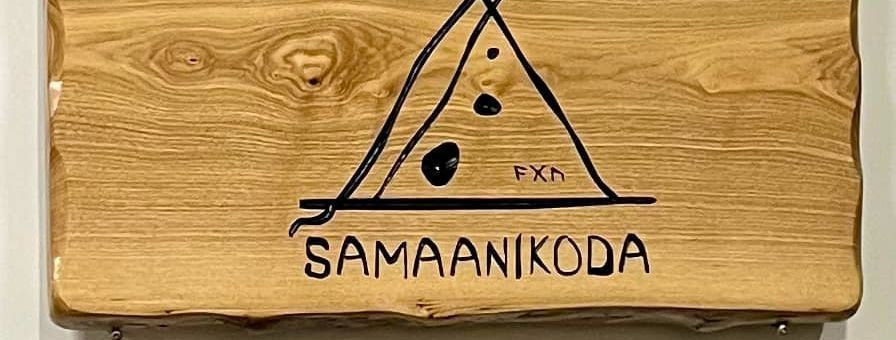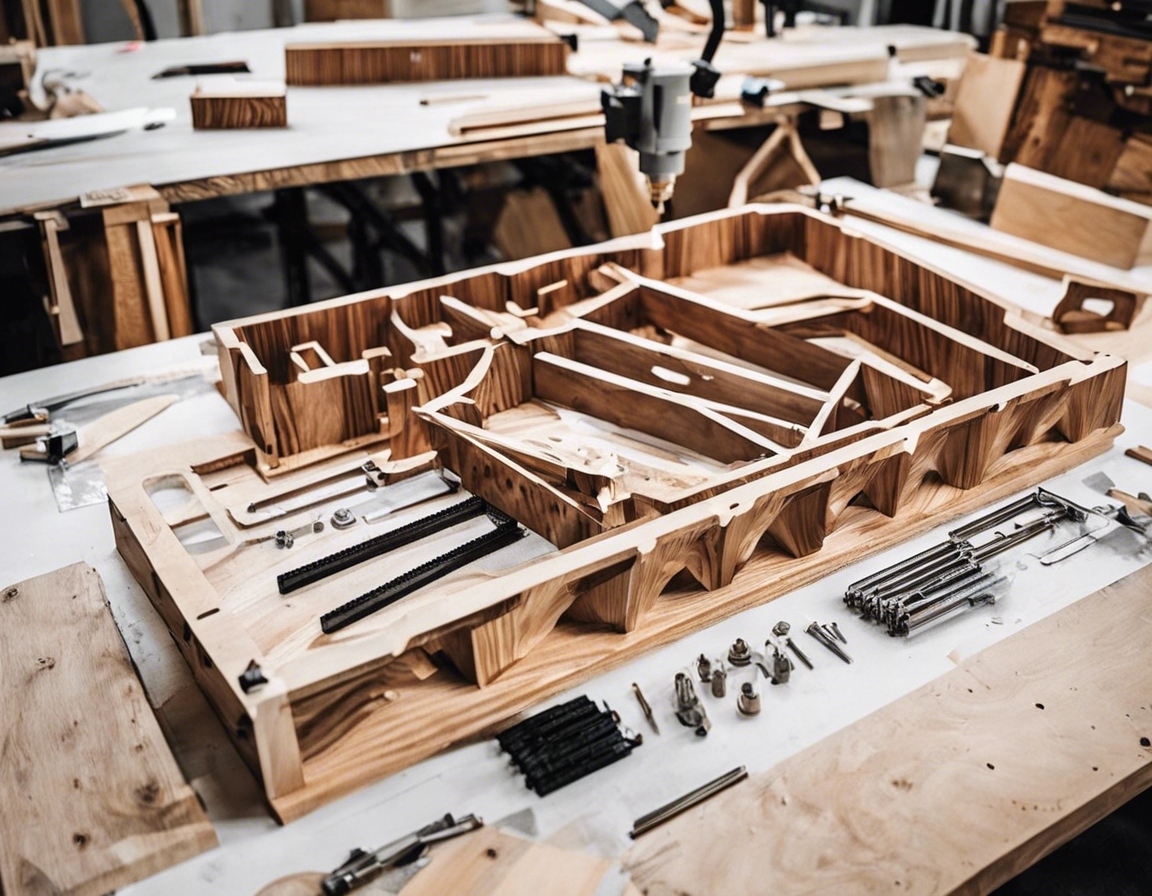Sustainable materials in modern manufacturing
Sustainability in manufacturing refers to the creation and management of products in ways that minimize negative environmental impacts, conserve energy and natural resources, ensure safe working conditions, and enhance the quality of life for workers and the community. It involves a holistic approach that considers the entire product lifecycle, from raw material extraction to end-of-life disposal or recycling.
The shift towards sustainable materials is not just an environmental imperative but also a business one. As consumers become more environmentally conscious, the demand for products made from sustainable materials is growing. This shift is influencing small to medium-sized businesses, designers, and artisans who are at the forefront of adopting eco-friendly practices.
Types of Sustainable Materials
Recycled materials are reclaimed from waste products and reprocessed into new items. This process reduces the need for virgin materials, conserves resources, and minimizes landfill waste.
Biodegradable polymers are designed to break down under certain environmental conditions, reducing the accumulation of persistent waste in the environment.
Natural fibers, such as cotton, wool, and hemp, are renewable and often have a lower environmental footprint than synthetic alternatives.
Biobased plastics are derived from renewable sources like corn starch, reducing reliance on fossil fuels and potentially lowering greenhouse gas emissions.
Benefits of Using Sustainable Materials
Utilizing sustainable materials can significantly reduce the environmental impact of manufacturing processes, including reductions in energy consumption, greenhouse gas emissions, and waste production.
Adopting sustainable materials can lead to cost savings in the long run through improved efficiency, reduced waste, and by meeting the growing market demand for eco-friendly products.
By prioritizing sustainable materials, businesses can improve their corporate social responsibility profile, which can enhance brand loyalty and customer satisfaction.
Challenges in Adopting Sustainable Materials
While the long-term benefits are clear, the initial investment in sustainable materials can be higher than traditional materials, posing a challenge for some businesses.
The sourcing and procurement of sustainable materials can introduce complexities into the supply chain, requiring businesses to adapt their operations and logistics.
There may be limitations in the performance or availability of sustainable materials, which can affect product design and functionality.
Innovations in Sustainable Manufacturing
New developments in material science are leading to more sustainable alternatives that do not compromise on quality or performance.
Manufacturers are also innovating their processes to reduce environmental impact, such as using renewable energy sources and closed-loop systems.
Life cycle assessment tools are increasingly used to measure the environmental footprint of products and identify areas for improvement.
Role of Manufacturers and Consumers
Manufacturers have a critical role in driving the adoption of sustainable materials through their choices in product design, sourcing, and production.
Consumers also play a vital role by demanding sustainable products and being willing to support businesses that prioritize environmental responsibility.






Comments (0)